March 7, 2021
God helps those who help themselves.
So trust God, but put on your seatbelt.
Trust God, but strap on your life jacket.
Trust God, but wear your bicycle helmet.
Trust God, but lock up your house at night.
Trust God, but don't eat crap all day.
Trust God, but don't lick the hospital room floor.
I'm pretty sure none of the phrases above actually appear in the Bible, but they're prudent sayings nonetheless. They all relate to the idea that a trust and belief in a higher power and a faith that there is a story written for your life must be yoked to actual conscious and responsible action that you take based on your own free will—and not couched in a que sera sera approach to life in which you smoke weed and binge watch Netflix while waiting for God to magically deposit money into your bank account.
I've written elsewhere on trust, particularly the fruits that can pour forth into your relationships with others when you trust God that you will have enough time to create transformational relationships, which is a concept I explore in my article People, Time & Trust. But in this article, I'd like to unpack the topic of trust just a bit more, particularly when it comes to marrying deep faith in God that you will be protected, cared for, and kept safe with actual action on your part to ensure you aren't the spiritual fool who plays frogger every time you jaywalk across a busy road because – well – God's in ultimate control and what will happen will happen no matter what you do differently because it's deterministically destined to happen that way, right?
Sentries
What got me thinking about this whole topic was when I was reading in the book of Nehemiah in the Bible and noted that Nehemiah prayed to God for protection over the building project that he was working on…and simultaneously planted armed sentries on the wall. In other words, he put his trust in God's protection, then took massive action to ensure that protection actually manifested.
Who was Nehemiah?
I'll quickly give a historical clarification for those of you unfamiliar with his story.
Nehemiah was a Jewish leader who supervised the rebuilding of Jerusalem in the mid-5th century BC after his release from captivity by the Persian king Artaxerxes I. He had been a cupbearer to Artaxerxes when Judah in Palestine was partly repopulated by Jews released from their exile in Babylonia. Distressed at the news of the desolate and despairing condition of Jerusalem at the time, Nehemiah received permission from Artaxerxes to travel to Palestine to help rebuild Jerusalem's ruined structures. Artaxerxes provided Nehemiah with an escort and with documents that guaranteed assistance from Judah’s Persian officials. Around 444 BC, Nehemiah traveled to Jerusalem and raised up people there to begin repopulating the city and rebuilding its walls. Nehemiah encountered some hostility from the local officials in nearby districts, but in just 52 days, the Jews under his direction did indeed succeed in rebuilding Jerusalem’s walls.
The book of Nehemiah is a strong reminder to the followers of God of how He worked to bring a people he loved back to their land to rebuild the city of Jerusalem. Throughout the book of Nehemiah, there are constant reminders of how God orchestrates historical events to provide for His children.
In acknowledgment of the orchestration of God, at one point in the story, in Nehemiah 1:5, Nehemiah utters a powerful prayer in which he proclaims:
“I pray, God of heaven, O great and awesome God, You who keep Your covenant and mercy with those who love You and observe Your commandments, please let Your ear be attentive and Your eyes open, that You may hear the prayer of Your servant which I pray before You now, day and night, for the children of Israel Your servants, and confess the sins of the children of Israel which we have sinned against You. Both my father’s house and I have sinned. We have acted very corruptly against You, and have not kept the commandments, the statutes, nor the ordinances which You commanded Your servant Moses. Remember, I pray, the word that You commanded Your servant Moses, saying, ‘If you are unfaithful, I will scatter you among the nations; but if you return to Me, and keep My commandments and do them, though some of you were cast out to the farthest part of the heavens, yet I will gather them from there, and bring them to the place which I have chosen as a dwelling for My name.’ Now these are Your servants and Your people, whom You have redeemed by Your great power, and by Your strong hand. O Lord, I pray, please let Your ear be attentive to the prayer of Your servant, and to the prayer of Your servants who desire to fear Your name; and let Your servant prosper this day, I pray, and grant him mercy in the sight of this man.”
Now of course, after pouring his heart out to God like that, Nehemiah could have simply trusted that God the Almighty orchestrator would look down favorably on the building project and proceed to grant prosperity, mercy, and protection. But Nehemiah didn't stop with prayer.
He prayed, then he planted sentries. He stationed half of the workers as sentries with swords, spears, and bows to guard the walls. The rest of the workers, including those who were carrying the building materials, were also required to keep their weapons close by. In Nehemiah 4, you can see that the laborers who carried materials worked with one hand and held a weapon with the other, and each of the builders worked with his sword strapped to his side. Nehemiah 7:3 says, “And even while the gatekeepers are on duty, have them shut and bar the doors. Appoint the residents of Jerusalem to act as guards, everyone on a regular watch. Some will serve at sentry posts and some in front of their own homes.” But in implementing these kinds of protective measures, Nehemiah wasn't diluting his confidence in God. He knew where his protection was coming from. “Our God will fight for us,” he told the people.
Faith Without Works
See, faith is laudable and praiseworthy, but faith without works is dead.
In other words, trust in God isn't going to get you very far if you don't take action. God feeds the tiny sparrows, but they flitter and peck like crazy to get those worms he provides. He clothes the lilies of the field, but there's an ample of photosynthesis those little plants are engaged in to be able to harness the sunlight he provides for this clothing. And he'll take care of you too, provided you take care of yourself.
James 2:14-26 says:
What does it profit, my brethren, if someone says he has faith but does not have works? Can faith save him? If a brother or sister is naked and destitute of daily food, and one of you says to them, “Depart in peace, be warmed and filled,” but you do not give them the things which are needed for the body, what does it profit? Thus also faith by itself, if it does not have works, is dead.
But someone will say, “You have faith, and I have works.” Show me your faith without your works, and I will show you my faith by my works. You believe that there is one God. You do well. Even the demons believe—and tremble! But do you want to know, O foolish man, that faith without works is dead? Was not Abraham our father justified by works when he offered Isaac his son on the altar? Do you see that faith was working together with his works, and by works faith was made perfect? And the Scripture was fulfilled which says, “Abraham believed God, and it was accounted to him for righteousness.” And he was called the friend of God. You see then that a man is justified by works, and not by faith only.
Likewise, was not Rahab the harlot also justified by works when she received the messengers and sent them out another way?
For as the body without the spirit is dead, so faith without works is dead also.”
Verses 15 and 16 above are quite relevant to what I've talked about lately in recent articles such as “Marshmallows” and “Shoes.” It's easy to kneel by your bedside and say a quick prayer for the homeless. It's quite another thing to put yourself in their shoes, show you actually care, and bring a man or woman laying in a sleeping bag by the sidewalk on a cold winter's night a warm plate of food. That, also, appears to me to be trusting God put putting on your seatbelt.
Just. Do. Something.
“But wait!” you might be thinking…
..if God is a great orchestrator and, say, has pre-destined and pre-ordained all deaths including my own, then why bother wearing my seatbelt?”
Ultimately, this all comes down to free will vs. determinism. Free will is a term that postulates that we as rational people are free to choose the courses of our actions, often from amongst a variety of alternatives. Meanwhile, determinism is the idea that God determines all that we humans will ever do, and both knows and decrees our actions in advance. In our own tiny human logical and rational minds, it seems the two are completely contraindicated: either we choose our actions, or we don't. Now obviously, from a deterministic standpoint, we can't have free will because God has determined all our actions beforehand and they cannot be changed.
This conundrum has spun-off a host of theories, such as the idea that perhaps we have the illusion of free will and we think we're making our own decisions, but really, God is making them for us. Or perhaps we live a choose-your-own-adventure style storybook in which we reach choices in the book of our life and make a decision about which page we are going to turn to, but God has already written the next pages of the story for either choice we make, so it's all mapped out either way. Or perhaps God fully empowers us with tools such as the Bible and prayer to enable us to make the right decisions in life (such as—at the risk of opening up a giant mask mandate debate—submitting to our local authorities while simultaneously doing as we would want our loved ones to also do, and wearing our seatbelt), God has created a universe that operates on specific principles, rules, and consequences based upon whether we use those tools wisely or not, and God knows exactly what's going to happen and what choices we are going to make.
As you can imagine, this entire “free will vs. determinism” debate has been argued in theological circles for eons, creating quite a bit of angst, and understandably so. After all, it centers around a core issue of morality: “Am I responsible for my actions or not?”
First, yes, you're responsible. You have a choice. I'm in full agreement with Doug Wilson on this topic when he points out in this excellent, short treatise on the matter, while speaking of the idea that we can be free from external compulsion and consequently at liberty to do what our heart desires:
“This is a natural liberty, and all men are in possession of it. It is the only kind of liberty possible for us, and it is a gift to us from God. Under the superintendence of God, all men. Christian and non-Christian, have the freedom to turn left or right, to choose chocolate or vanilla, or to move to this city or that one—depending entirely upon what they want to do.”
Doug ultimately concludes that the conclusion that we are free to do as we please. We have this freedom only because God grants and sustains it—and perfectly controls it. I fully agree.
Second, before we get any more into the free will vs. determinism weeds, we actually aren't going to, because the purpose of this short article is not to prove or disprove free will or determinism, but rather to point out the fact that we are to trust God and then take massive action, just as Nehemiah did when rebuilding the city of Jerusalem.
Trusting God means listening to His wisdom, then allowing Him to work through you to accomplish His actions.
Trusting God means exercising character traits such as prudence, preparation, and caution because, in a book like Proverbs, He repeatedly tells us to incorporate such values.
Trusting God means handing Him your business success dreams, then marching out to attend the conferences, make the phone calls and write the e-mails that allow that to happen.
Trusting God means seeing a pretty girl across the room, telling God it'd be your absolute pleasure to get to know her, then mustering up the courage to actually go walk across the room and meet her.
Trusting God means asking Him to remove some health “thorn in your side,” then hunting down the doctors, books, knowledge, and connections who can practice the right type of medicine on you. It doesn't mean praying for 6 months for your headaches to go away while you continue to watch TV until midnight and eat junk food.
Trusting God means preparing for a competition by telling yourself you can do all things through Christ who strengthens you, then putting in the sets, reps, sweat, blood, and tears that allow you to actually cross the finish line.
Trusting God means asking for financial blessings, then working hard in your career, buying insurance, saving, investing, trading, and not just burying a pile of cash in the ground.
Trusting God means seeing injustice and evil happening around you and actually taking action to stop it, not just saying a prayer that God would “change stuff” as you fall asleep in bed at night, looking for the cold side of the pillow.
Trusting God means, as Steve Jobs once said, picking up the phone: “Most people never pick up the phone. Most people never call and ask. And that's what separates sometimes the people who do things from those who just dream about them. You gotta act. You gotta be willing to fail. You gotta be willing to crash and burn. With people on the phone or starting a company, if you're afraid you'll fail, you won't get very far.”
In my own life, I’ve observed that the most fruit seems to pour into one's life when one steeps themselves in prayer, Scripture reading, devotions, meditation, and all the spiritual disciplines I discuss here—while simultaneously planning, preparing, saving, investing, and staying wise, organized, pursuing excellence and, yes, even crashing and burning and failing as they become more equipped every day to live out the life God has planned form them to His full glory.
In other words, much to the chagrin of any English editorial sticklers out there, I can sum things up in just six words…
…Trust. God.
Then…
Just. Do. Something.
Summary
So there you have it.
Trust God, but put on your seatbelt. Pray to God, and—as Nehemiah did—plant sentries on your walls and keep your sword at your side.
Understand that God does indeed help those who help themselves, provided their self-helping is pursued in a spirit of trust and faith in Him, and not in their own works and power. Furthermore, you have free will and if you continually embark upon a path towards enriching your life with wisdom from Scripture and seeking discernment and direction from God, you'll make the right choices, which will be in full alignment with what God has already planned for you and already knows you are going to choose.
How about you? What's your take on striking a balance between trusting God but taking action? On “free will vs. determination?” Leave your questions, comments, and feedback below. I read them all.

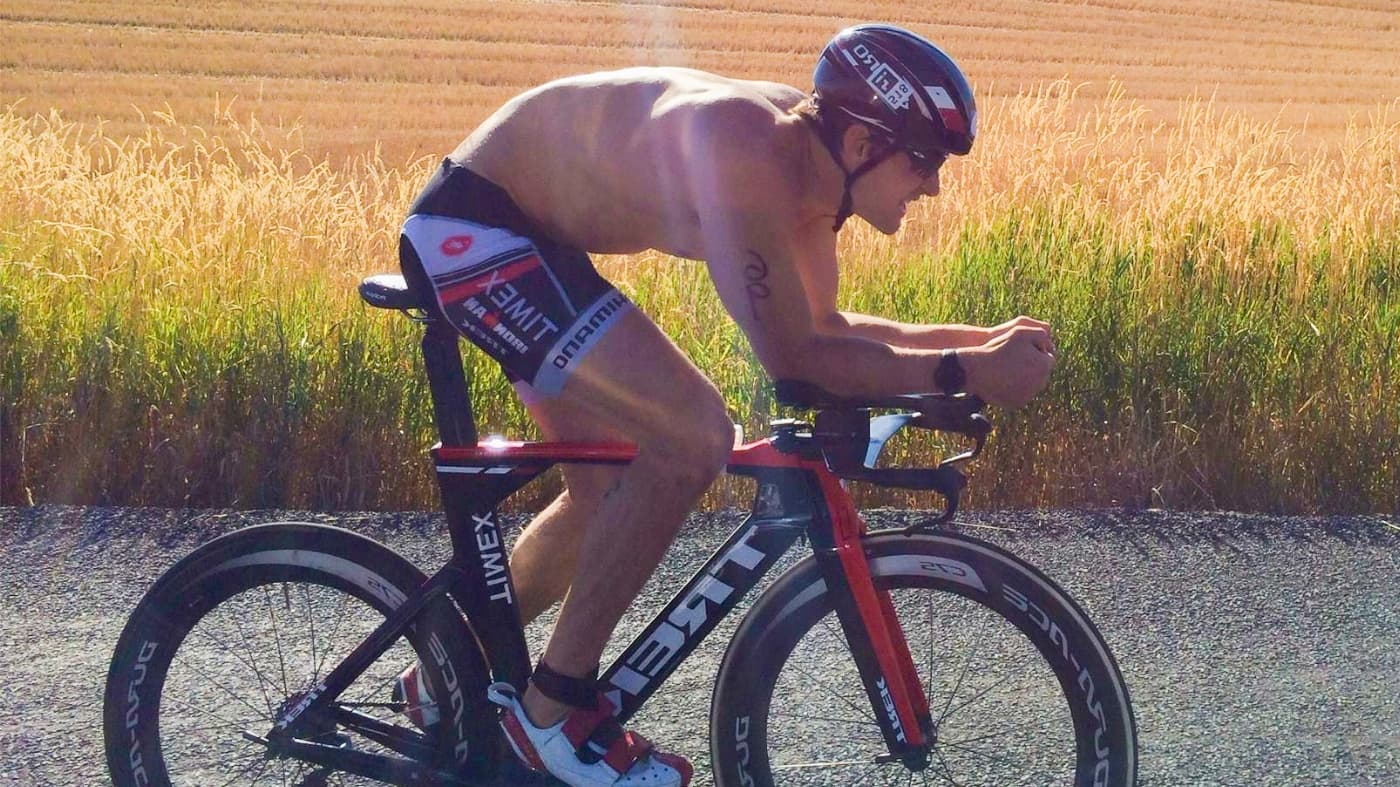





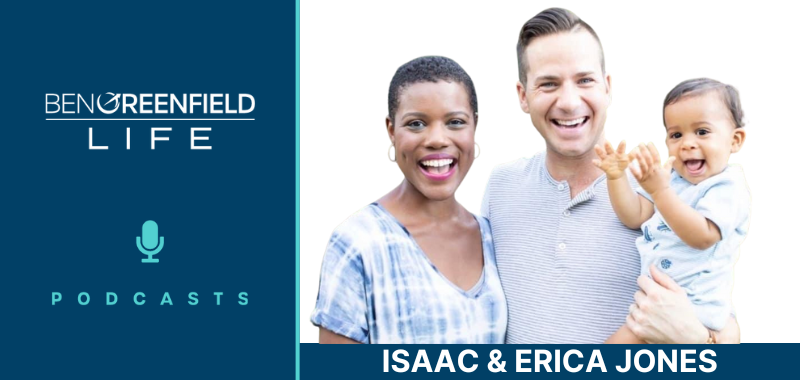
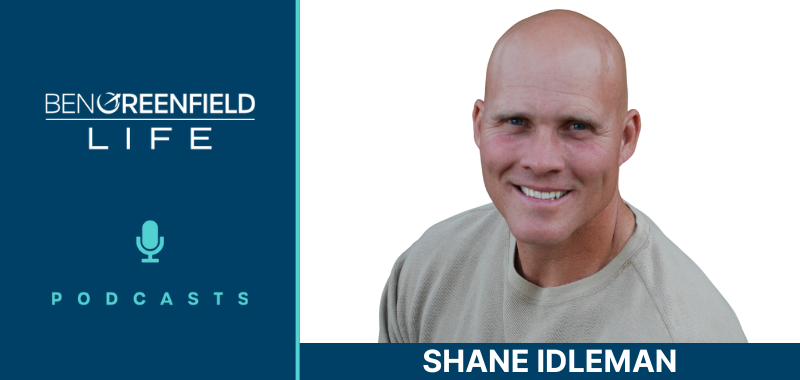
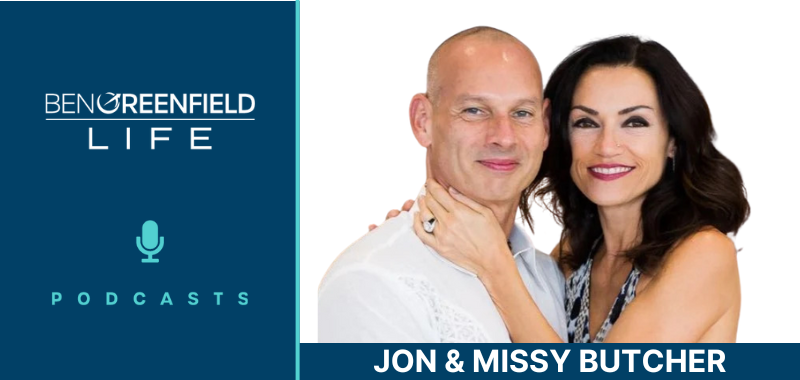


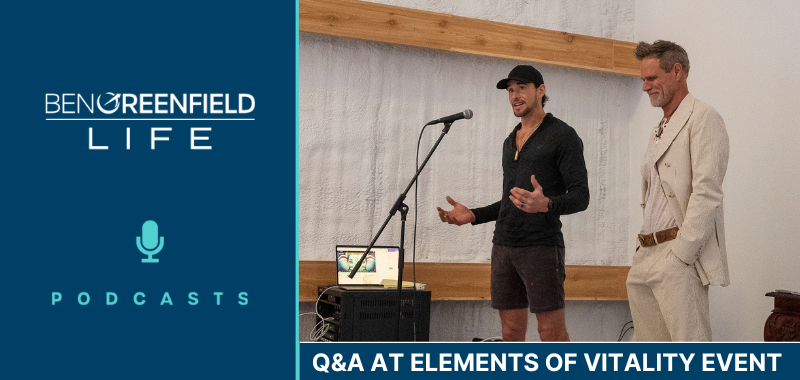

great job in explaining all that!
My 2 cents on “freewill vs determinism” debate mentioned in this article. I would suggest this to be considered as “omniscience/pre-knowledge vs pre-determinism”. God, being God and omniscient, knows everything, including every action we take and our future ahead. But, God being God and having given us the freewill, does not involve/influence in our decision making, unless we ask Him thorough our prayers and supplications. It’s totally left to us, like Adam/Eve had full freedom to chose what they want/not to eat in the garden of Eden. So, it fits well with the theology of asking God to help us make the right decisions that aligns with His plan for us.
The argument you summarize between Free Will and Determinism is more precisely defined as the Calvinist versus Armenian debate that has been going on for decades. If I could offer further reading I would suggest A Reformation Debate between John Calvin and Jacopo Sadoleto. Alternatively, American Gospel: Christ Crucified (documentary) provides a good summary of the “young, reformed, and restless” Calvinist movement in light of the universalist open theism message of Tony Jones, Rob Bell, and Richard Rohr. You are taking the prophet Nehemiah out of context. Check out the Gospel Coalition for a solid exegesis of Nehemiah by D.A. Carson. Finally, your application of the “thorn in the flesh” misses the mark. Delighted to see your new found interest in theology, brother, but I pray you spend some more time under the instruction of a theologian before posting as a teacher (James 3:1).
Ben – I love your newsletter, podcast, book, pretty much everything you do. However, as a fellow Christian, I believe your article bends what James 2:14-26 means to fit a different narrative.
The passage isn’t precisely about trusting God and taking action. James 2 is primarily a way to know if your faith is real, and if you are genuinely “In Christ” and saved. James, most likely Jesus’ brother, is saying you may be professing your belief, but if you don’t have anything to show for it (works), you aren’t a true believer. A true believer has both faith and works. You will never find one without the other.
That said, we all need to do more in this unfortunate time to help others.
I don’t see what you say as very different from what Ben said. Trusting God and taking action is the same thing as having true faith and then living it out with your actions or deeds. In other words, proving your faith is real by the way you live. Don’t just talk the talk, but walk the walk. And when you do you are proving your salvation is for real. A related saying that I like goes something like this. Pray like its all up to God. Work like its all up to you.
Great article, thank you
In other words: How can God direct your paths if you’re not taking any steps? Great post, Ben — thank you for sharing your gifts.
Thanks Ben! So much truth to your writing, it reminds us of how much I am doing to help humanity, most of the time I am waiting for God to help, and I do nothing I am guilty of that.
Hi Ben! Great post; I shared it!
One question: when you refer to the Sabbath, are you in keeping with the true Seventh day Sabbath, or the first day of the week that Catholics openly acknowledge that they took the authority and changed it Sunday? Just curious!
Keep up the good work!
did the thief on the cross do anything?
He proclaimed Jesus as Lord, all he had time to do, and his judgement will be accordingly. Unless we are about to gasp our final breath, we will be held accountable for what we do with our free will upon our salvation. No excuses, time to get busy for His kingdom purposes.
Great post as always Ben! Reminds me of the joke about the guy whose plane crashes in the middle of the ocean and he prays for God to save him. A small boat goes by and offer him help, he says “no thanks, God will save me.” Then a big ship goes by and offers help, he says no God will save me. Finally, a helicopter offers him help and he again says no God will save me. He then dies and when he gets to heaven asks God “why didn’t you save me?!” To which God replies “I sent you a boat, a ship and a helicopter, what more did you want?!!”
Pretty much as you say…and there is an added aspect present but not spoken about much and I am not the word expect or subject expert.
I would call it Presence Projection Vibration or something like that.
Yep! I forgot about this story but it is spot on.